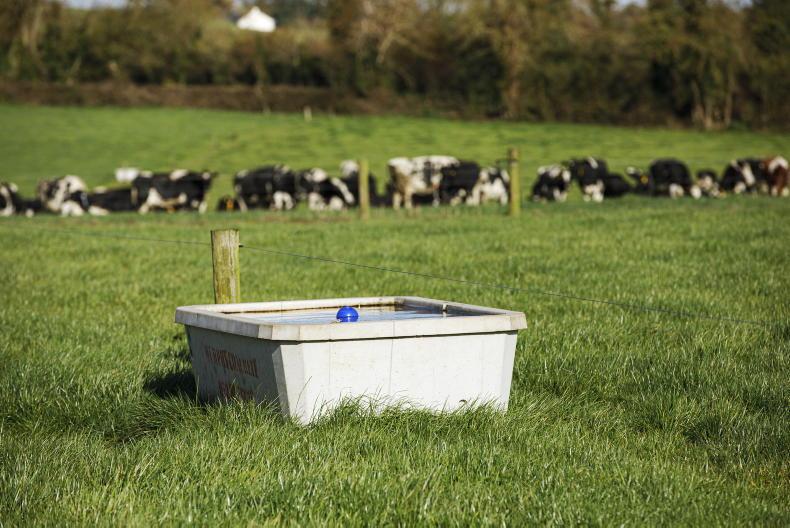The meat and dairy processing industries insisted that they will work with Government to achieve the 25% cut in carbon emissions which has been set for the agricultural sector.
However, both Meat Industry Ireland (MII) and Dairy Industry Ireland (DII) described the target as challenging and insisted that Government supports will be needed to realign farm production and processing to the changed requirements.
DII called on Government to quickly deliver clarity on carbon accounting mechanisms for the farm sector.
“The Irish dairy industry is investing in technology and process improvement to meet changing consumer preferences and environmental obligations (including water quality and biodiversity), but clarity and fairness on targets and carbon accounting treatments are a critical start to this journey,” DII stated.
Output of €13bn
Pointing out that the dairy industry was worth €13bn in terms of output and employed close to 55,000 staff, DII said adequate funding and policy mechanisms were required to help farmers meet the climate targets, adding that these must be set out urgently by Government.
“While the targets set for agriculture and industry are hugely challenging, we welcome clarity and we will actively work with our suppliers and staff in our processing facilities to achieve metric-based improvements,” said DII director Conor Mulvihill.
However, Mulvihill called on Government to “give appropriate supports” to enable dairy processors “to positively achieve these targets and protect the social and economic sustainability of rural Ireland”.
Additional costs
While MII stressed that its member companies will support the Government in its efforts to cut emissions, the processor body warned that the transition required will lead to significant additional costs.
“While this target poses a difficult challenge to the agriculture sector, and for farmers in particular, our members will continue to do all within their control to assist the transition to a low-carbon economy in the decades ahead,” said MII chair Philip Carroll.
“The transition that is necessary will lead to significant additional costs for the beef sector, but together with Government and our dedicated farmer suppliers we can have a valuable partnership in advocating, developing and implementing strategic programmes to drive down emissions,” Carroll predicted.
But he insisted that “targeted Government support measures for farmers to assist with this transition should be introduced as a matter of urgency”.
“The early finishing of cattle is recognised in the climate action plan as a key environmental lever for the beef sector, with a target set to reduce the average finishing age from 27 to 24 months.
"We are confident of achieving this and, alongside genomic advances, will result in reducing some 1.2Mt CO2 equivalent GHG [greenhouse gas] emissions by 2030. This would represent a significant portion of the overall emissions reductions target for the agriculture sector,” Carroll explained.
Closer partnership
MII insisted that a closer partnership between beef and dairy production must be supported to deliver actions that collectively drive better outcomes for both through better breeding that will ultimately lead to better economic and environmental outcomes.
The meat industry body called for the genotyping of all calves at birth by 2025.
It said such a move, in addition to other well-developed breeding techniques, would deliver efficient animals which meet market specifications at an earlier age, thereby improving both environmental and economic sustainability at farm level.






 This is a subscriber-only article
This is a subscriber-only article











SHARING OPTIONS: